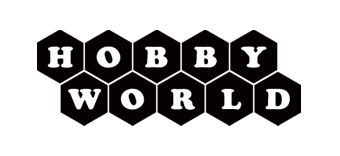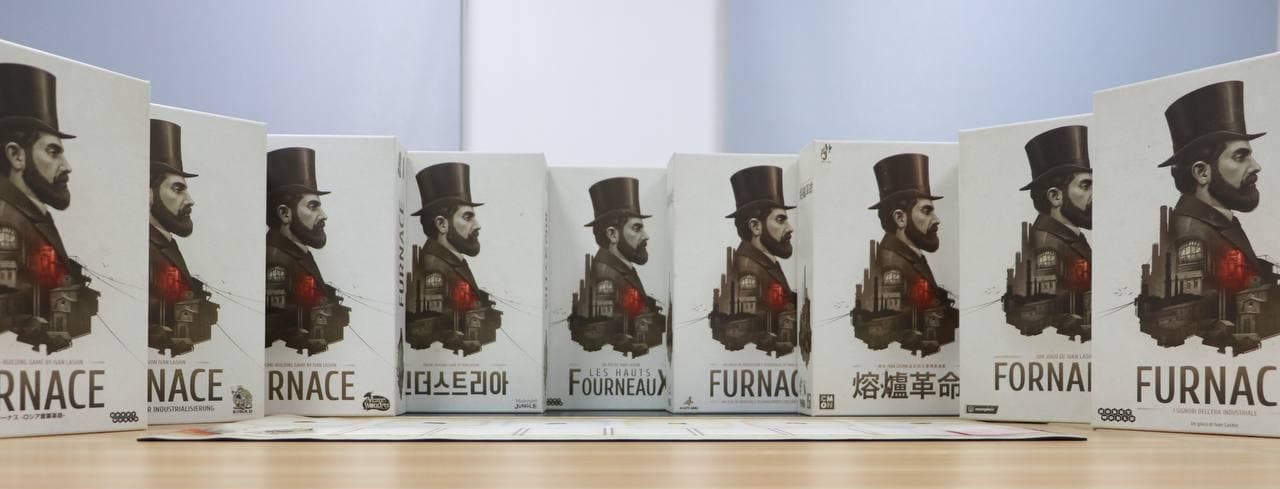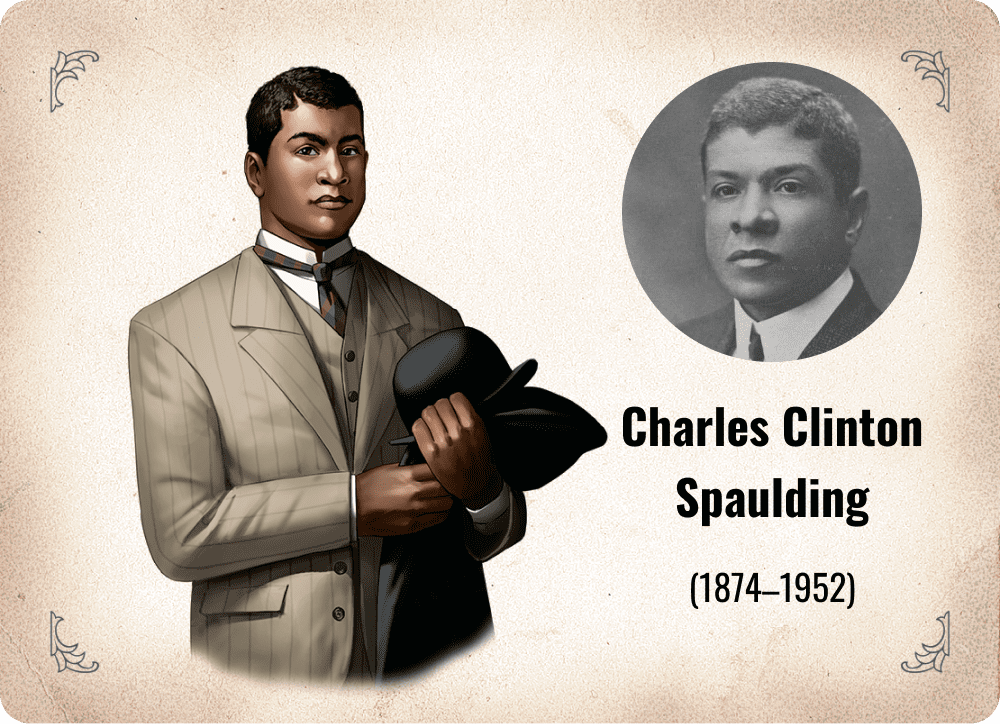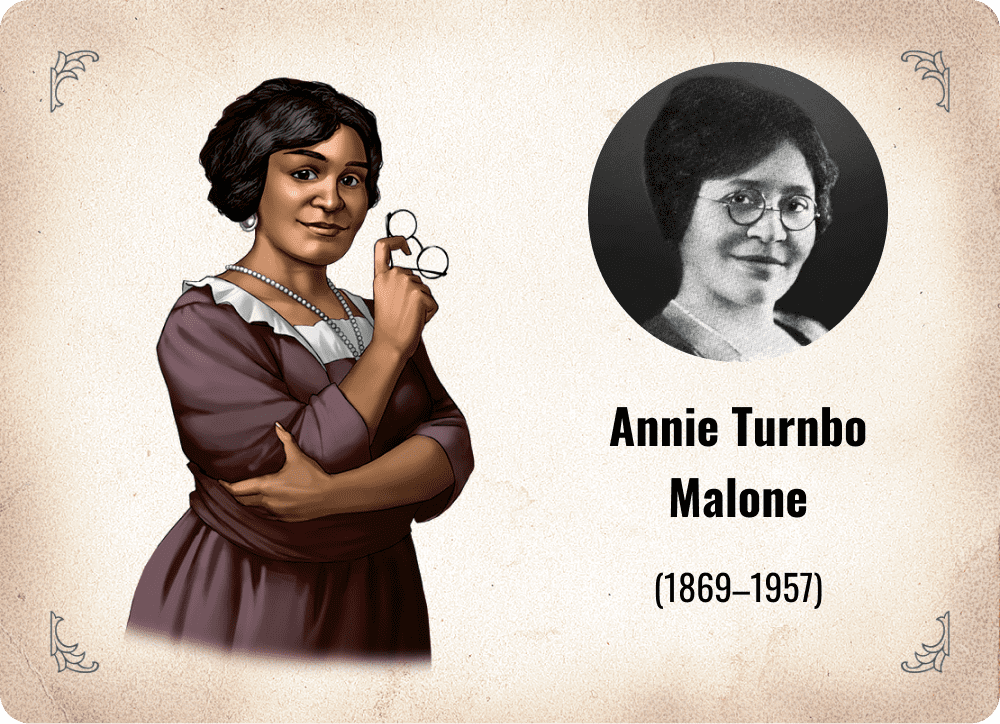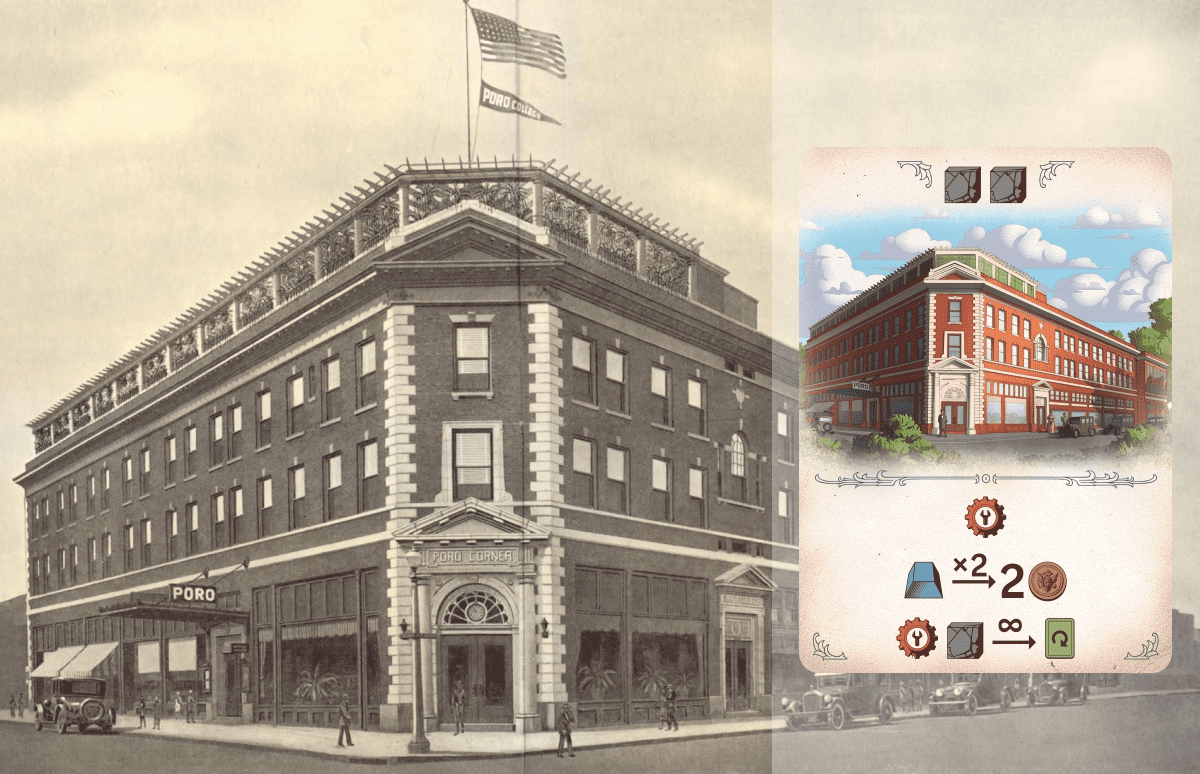Gameplay ArcHWay — New Characters in Furnace
Hey, guys!
While our international editions of Furnace are getting through the world’s shipping disaster, we’d like to tell you more about the new characters represented in the game.
You may already know that, initially, the game was all about Russian industrialism. There is the Russian heraldic eagle in the first player token, and you probably read our previous article covering the in-game characters and some of the architectural references. What’s more, the Russian edition contains a historical overview in the rulebook saying that the game is a tribute to the Russian empire of the 19th-20th centuries.
However, for the international editions, we’ve decided to expand the theme and turn Furnace into a game about industrialism as a whole. It was not a foreign change since, in the base game, our artists were inspired by different buildings of the same era worldwide. Thus, as Rahdo fairly pointed out, we needed more representativity in the characters.
Shortly after the game announcement, our partners at Arcane Wonders fell in love with the game, and we agreed to replace two of the Russian industrialists with the American entrepreneurs of color who lived at the same time: Annie Turnbo Malone and Charles Clinton Spaulding. One of the starting Company cards was replaced as well, introducing Malone’s Poro building in St. Louis.
So here we are — sharing their stories with you, but let us boast about all of the editions in one photo first 😛
The Black Wall Street
Charles Clinton Spaulding was born to a family of prosperous landowners, and at the age of 20, he left the family farm and settled with his uncle in Durham, NC, where Spaulding attended school and took part-time jobs.
Charles’ uncle noticed the nephew’s potential and hired him as general manager of North Carolina Mutual Life Insurance Company. The title was slightly misleading, for Spaulding was, at the time, the company’s only employee, and the company was at the brink of failure. Charles managed to turn it into a prominent business worth nearly $400 million in today’s money.
The company specialized in “industrial insurance”, which was basically burial insurance. Spaulding hired salesmen whose main job was to collect small payments (of about 10 cents) to cover the insured person for the next week. If the person died while insured, the company immediately paid benefits of about 100 dollars.
Spaulding believed in gaining equality through achievement and worked hard in civic, educational, and social organizations in hopes of offering opportunities to African Americans. Unfortunately, Spaulding has had little name recognition outside Durham and its historic Black Wall Street. However, we share the excitement of Thinkers50, the London-based group behind the so-called “Oscars of the management world”, having Charles represented in our international editions of Furnace and witnessing him “getting his just due.”
Self-Made Beauty Millionaire
We are also proud to enrich the array of characters in Furnace with Annie Turnbo Malone — another critically underestimated historical figure of that time.
In 2020, Netflix released a four-part mini-series called “Self Made,” covering the story of Sarah Breedlove (known as Madam C. J. Walker) and giving her all of the credit for pioneering and succeeding in the African American beauty and cosmetic business instead of Annie Malone. Fortunately, many historians believe Malone deserves more credit for her devotion to African Americans.
During the late 19th century, African American women used bacon grease, heavy oils, and butter to straighten hair, all of which were very damaging and caused severe hair loss. Malone, always being interested in hair and chemistry, created a product that didn’t damage the hair or scalp and called it Wonderful Hair Grower.
In 1906, Malone trademarked her company’s name, “Poro,” which was either a reference to a West African organization devoted to disciplining and enhancing the body—or a combination of the last name from her first marriage, “Pope,” and her sister’s name she tested all of her products with, “Roberts.”
As a black woman, Turnbo was denied access to regular distribution channels. To sell her products, Annie and her assistants went door-to-door, giving demonstrations. Everywhere she went, she hired and trained women to serve as local sales agents, creating a nationwide distribution system.
One of her recruits was Madame C.J. Walker, a former washerwoman who eventually founded her own company and sold her own “Wonderful Hair Straightener,” which Malone called a fraudulent imitation.
Malone’s empire thrived through the World Wars, the Depression, her rivalry with Madam Walker, but could not withstand her second divorce, Malone’s back taxes, and a lawsuit from a disgruntled former employee. By 1943, Malone owed the government $100,000, and in 1951, the government and creditors seized her business.
Poro Building
Even though Malone’s image got tarnished in the end, she was extremely generous with her money and committed to community building and social welfare. To that end, she built Poro College in 1918, a complex that included her business’s office, manufacturing operation, cosmetology training center, and facilities for civic, religious, and social functions. The complex, which was valued at more than $1 million, included classrooms, barber shops, laboratories, a 500-seat auditorium, dining facilities, a theater, gymnasium, chapel, and a roof garden. In Furnace, it is represented as one of the Starting companies.
Having another entrepreneur in mind?
Share your suggestions with us in this BGG thread, and we’ll be happy to represent other iconic figures from the 1900–1940s in the upcoming expansions! 😉
